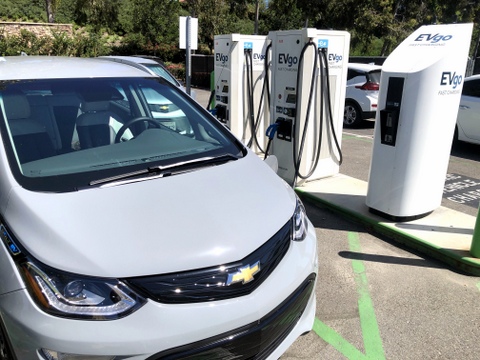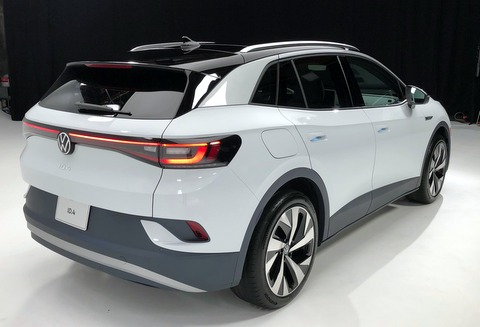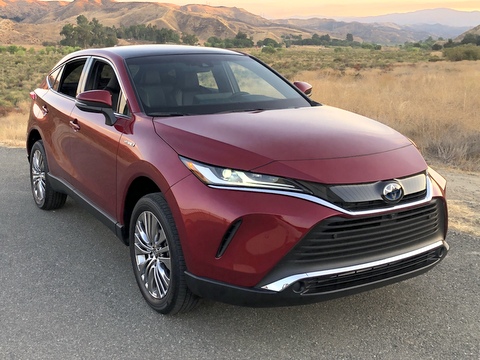Sorting Through the Options and Savings
Saving money is on many people’s minds. There are quite a few ways you can spend less when it comes to your vehicle, such as choosing an option like pay-as-you-drive insurance if you’re someone who puts low miles on their car.

But what about choosing an entirely new type of vehicle to save money and significantly lower or altogether remove your gas costs?
Hybrid and electric vehicles are becoming more and more popular as we increase our awareness of environmental impact. Not only are these vehicles better for our planet, but they can also save you money.
Between the two options, there are many similarities and many differences. You may be torn on which type of vehicle is better for you and your lifestyle.
What’s the difference between hybrid and electric vehicles?
The difference between the two options comes down to the propulsion system and its fuel. In an electric vehicle, no gasoline is used. The car relies solely on electricity for power.
In a hybrid, you have a combination of both electric power and gasoline. Some hybrid cars can be charged; those will run on electricity for a short while, then it will switch to gasoline.
Is an electric vehicle better?
There are many pros and cons to choosing an electric vehicle. Here are some things to consider before deciding on one.

Pros
The most significant benefit of electric cars is their environmental footprint. They give off zero emissions, making them perfect for someone who is genuinely wanting to go green and reduce their environmental impact.
Electric vehicles also allow you to save money since you will not have to purchase gasoline. This can allow you to avoid the headache of fluctuating gas prices.
Cons
Though you may enjoy the fuel savings you get from owning an electric vehicle, some costs may be higher. Insurance rates can increase on electric cars due to their higher level of technology and higher cost.
The more technology, the more expensive it is to repair should something go wrong. Insurance companies may view this as a liability, meaning you will be charged more to cover your vehicle.
Another con can be the source of power for your vehicle. Because these cars rely solely on electricity, you must be able to find a location to charge them before they run out of juice.
This can mean doing your due diligence before embarking on a long drive, making sure you know where you can stop to charge your car when the time comes.
It may also mean being prepared to be stranded should you be unable to find a charging location.
Is a hybrid vehicle better?
Hybrid cars offer a middle ground between standard vehicles and electric. Like any transportation choice, they have their pros and cons.
Pros

Though not as environmentally friendly as their electric counterparts, hybrids still contribute to a cleaner environment. Due to their partially electric powertrain, you will use significantly less gasoline with a hybrid.
These vehicles can typically drive 30 to 40 miles on their electric battery, which means if you are someone who drives relatively low miles regularly, you can almost solely rely on the electric motor.
If you are ever looking to upgrade, a hybrid vehicle may also work in your favor. They typically have a high resale value, allowing you to get your money’s worth.
Cons
Hybrids are beneficial to the environment, but not as much as electric. If you surpass your vehicle’s electric limit, you will switch to gas power. This means after a certain mileage you are no longer being as environmentally friendly as you would be in an electric vehicle.
You will likely spend more money upfront to purchase a hybrid, and there may be more costs to repair it should something happen. Many people are still somewhat unfamiliar with working on these vehicles, and the parts could cost more. So while you will save in fuel costs, you may spend more on buying and maintaining the car.
Choose the Vehicle That’s Best for You
Comparing hybrid and electric vehicles, your lifestyle and environmental impact goals can make a huge difference in which option works better for you.
Both choices come with their pros and cons. As with any vehicle purchase, it’s important to research thoroughly before making a decision to determine what will be your best option.

1 thought on “Buyer’s Guide: Hybrid vs. Electric: Which is better?”